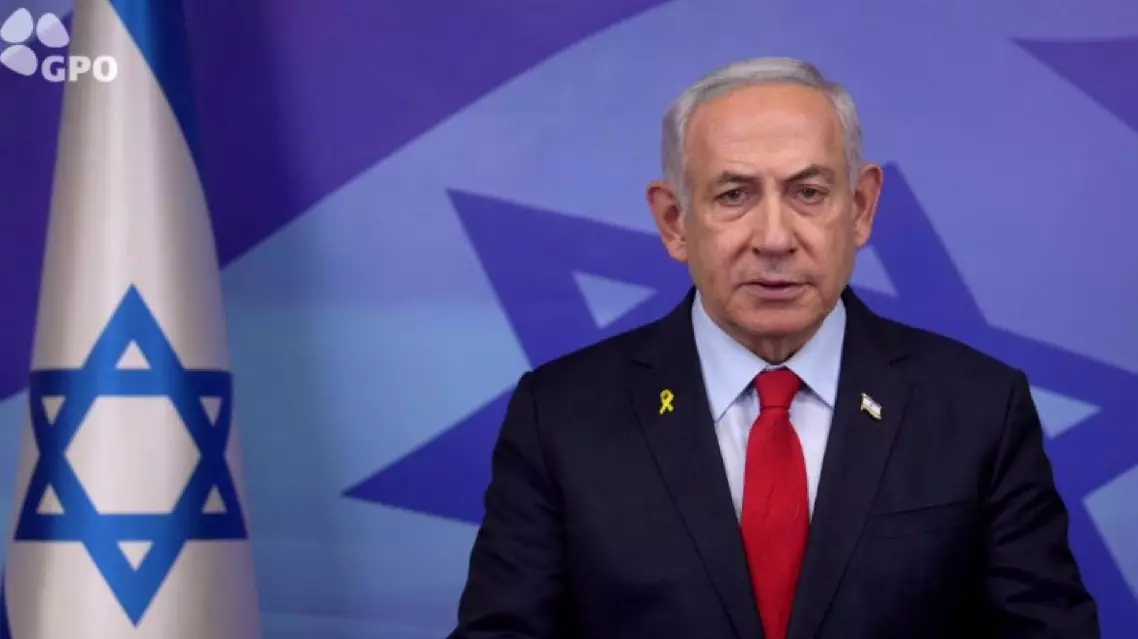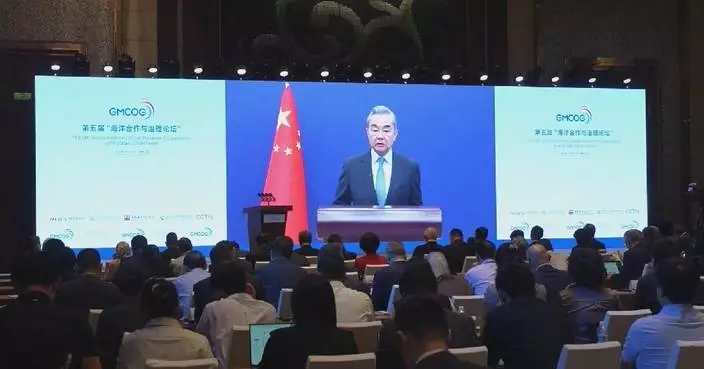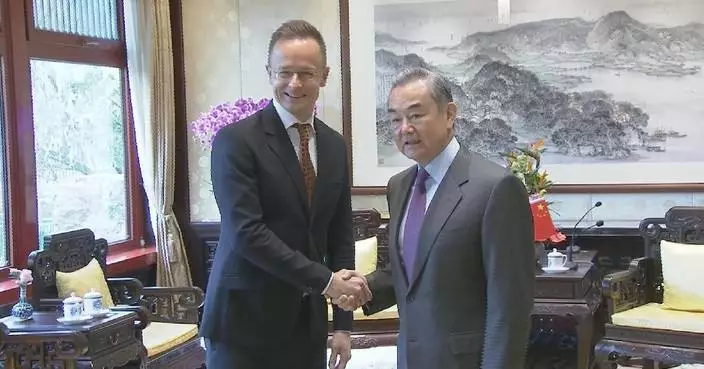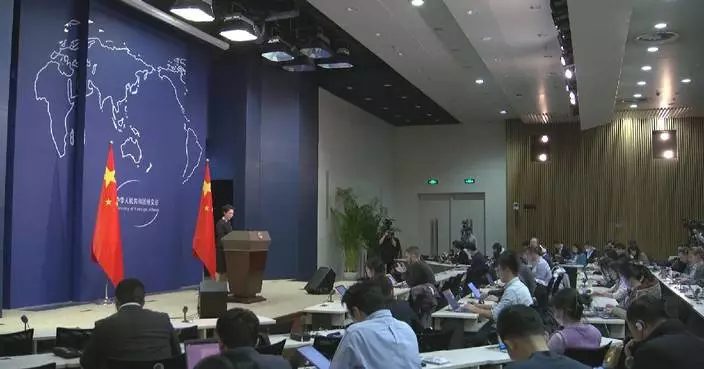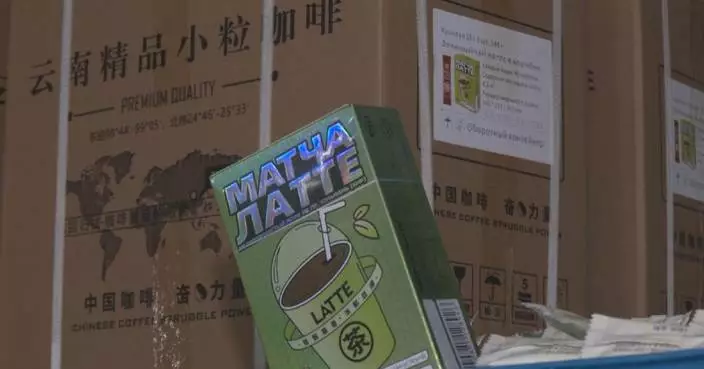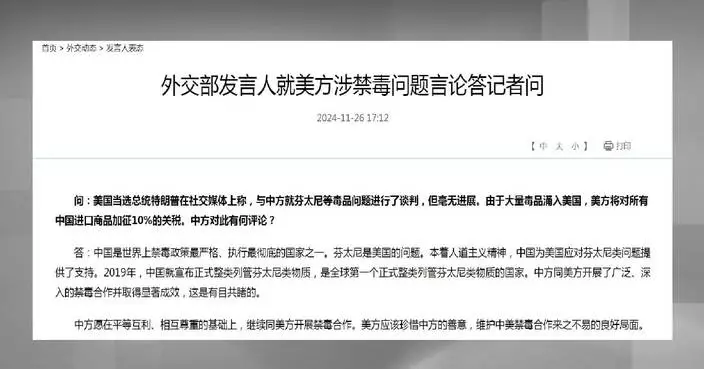The 75th International Astronautical Congress (IAC 2024) opened Monday in Italy's Milan, bringing together experts, professionals, and enthusiasts from more than 150 countries to explore advancements in space technology, research, and exploration.
Organized by the International Astronautical Federation, the premier global space event will run through Friday, offering a platform for networking, knowledge exchange, and collaboration among key stakeholders from all around the world. The congress features plenary events, technical presentations, exhibitions, and discussions on some of the main topics which are shaping the future of space exploration.
A ribbon-cutting ceremony officially kicked off the event at the Milan Convention Center, while there were calls for greater collaboration among countries.
"Space must be approached responsibly and together. Let us strive for higher standards and best practices that ensure sustainability," said Clay Mowry, president of the International Astronautical Federation.
At a panel session, Li Guoping, chief engineer of the China National Space Administration, revealed China will be discussing international collaboration opportunities in its expanding space program, including updates on its future lunar and Mars missions.
Through global cooperation, China is set to construct an international lunar research station (ILRS) with a network linking the moon's south pole, equator and far side by the year 2050.
"Currently, 15 countries and two international organizations have signed to join our international lunar research station plan. In addition, many countries are discussing with us to join the lunar research station," said Li.
At the space event, lunar samples from the far side of the moon, brought back by China's Chang'e-6 mission in June this year, were exhibited to the public for the first time in history.
The Chang'e-6 mission represented one of China's most ambitious international joint missions in which it carried out cooperation with the European Space Agency, France, Italy and Pakistan on four scientific payloads.
The IAC has been a venue since 1950 for scientists, engineers, companies and politicians of space-faring nations to discuss cooperation.
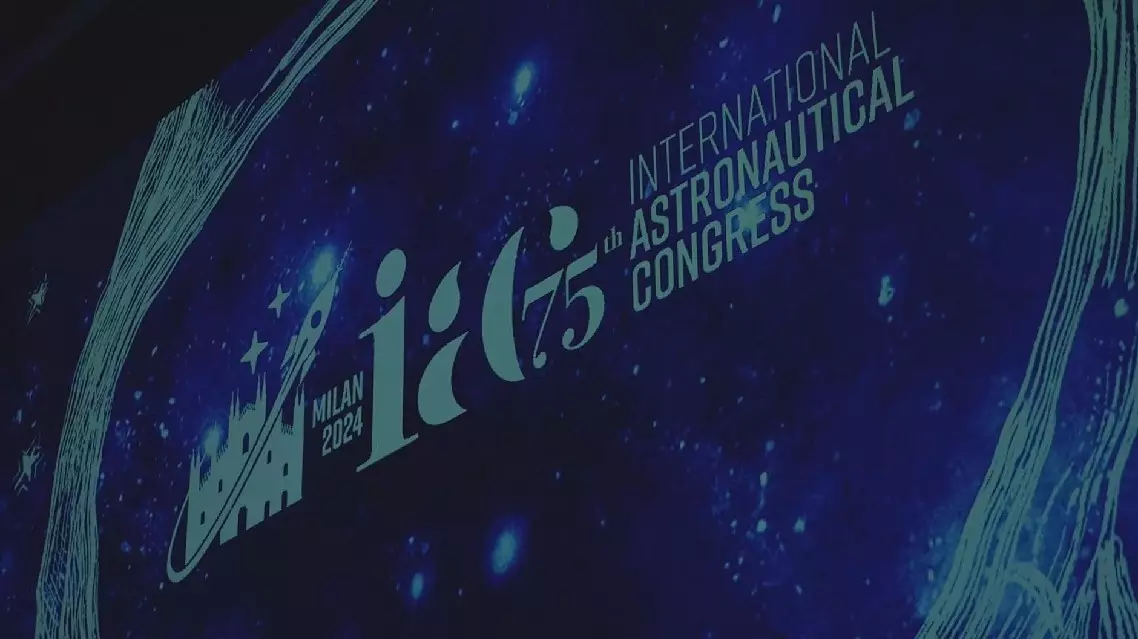
Milan hosts world's largest space conference with calls for greater global cooperation


